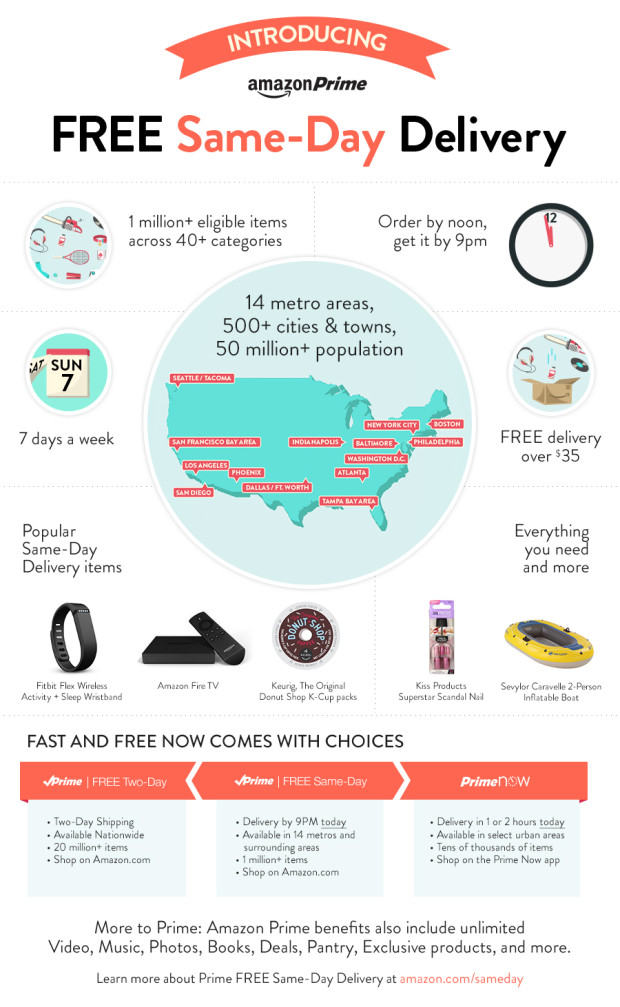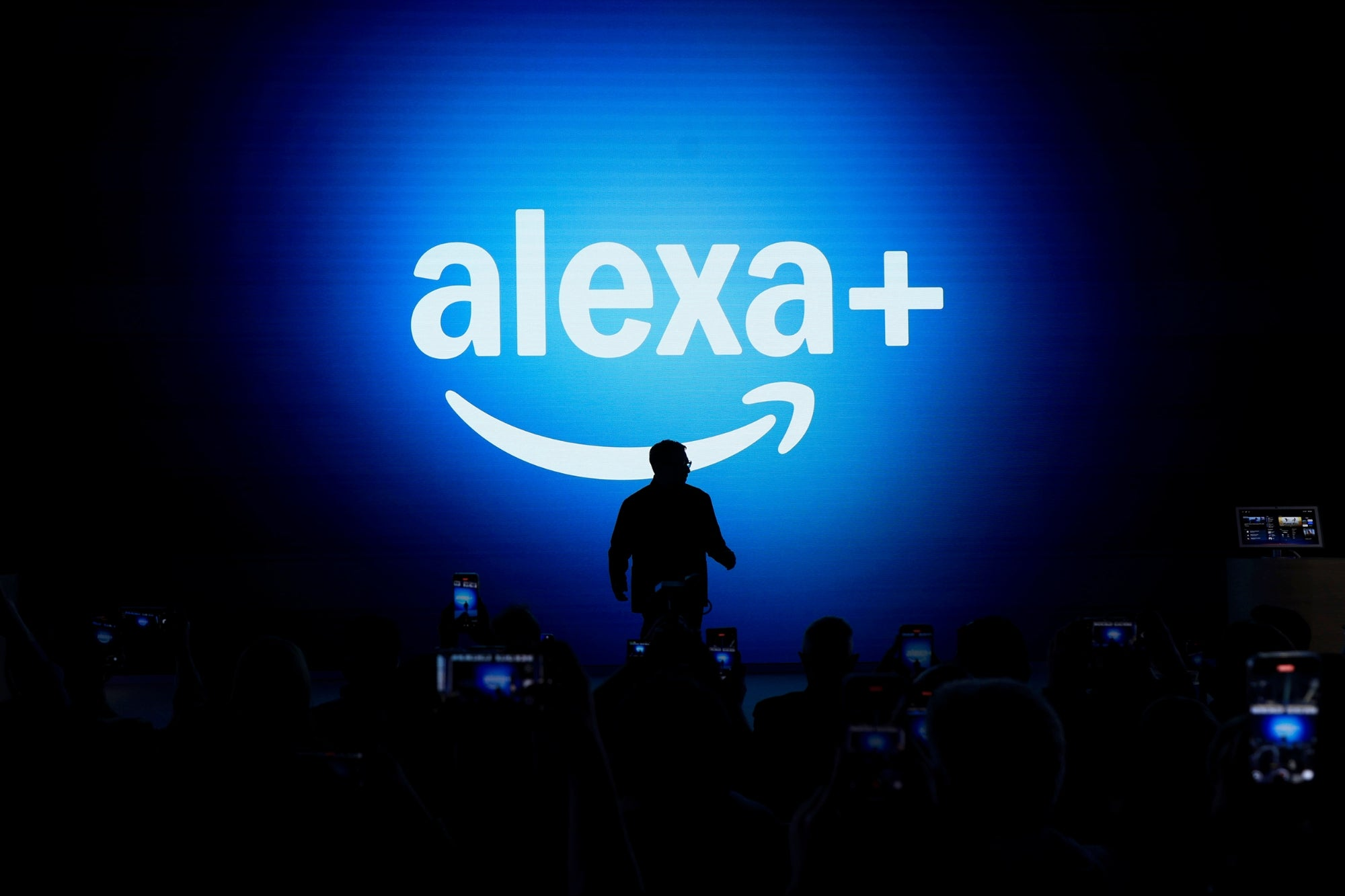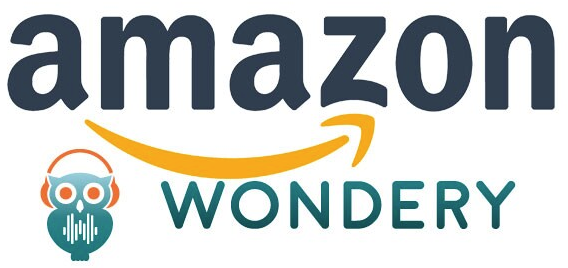Regulated Big Tech is at the forefront of a major transformation in the technology landscape, as governments worldwide begin to implement stringent measures against these colossal corporations. This Big Tech regulation marks a pivotal moment, as authorities confront issues ranging from long-standing antitrust actions to rampant privacy violations that have gone unchecked for far too long. As scrutiny intensifies, it not only addresses consumer concerns about technology rights but also signals a shift towards prioritizing user safety and ethical business practices. The journey towards a regulated Big Tech landscape promises a redefined relationship between consumers and technology providers, fostering an environment where technology consumer rights are respected and upheld. As we venture deeper into these changes, the future of our digital experiences hangs in the balance, and it’s a critical moment for stakeholders involved to rise to the challenge.
The restructuring of large technology firms, often referred to as regulated tech behemoths, is becoming a vital part of conversations about digital consumer protection. These tech giants are currently facing increased government scrutiny over their monopolistic practices and questionable data handling methods. With a spotlight on issues such as privacy infringements and market fairness, this wave of regulatory efforts is redefining what it means to engage with technology. As these corporations navigate through the complexities of compliance and ethical standards, the dialogue surrounding technology user rights continues to gain momentum. Ultimately, this movement suggests a collective awakening to the need for accountability in our interactions with these powerful entities.
Understanding Big Tech Regulation
The growing call for regulating Big Tech has amplified as governments worldwide contend with the powerful influence of these corporations. Such regulation is crucial not only to ensure competition in the marketplace but also to protect consumers from the adverse effects of monopolistic behavior. As authorities draft and implement policies aimed at constraining these tech giants, it’s essential to recognize that the primary goal is to foster a fair digital economy where smaller enterprises can thrive without being overshadowed by the vast reach of companies like Google, Amazon, and Facebook.
While the regulation of Big Tech presents challenges, it also offers an opportunity for consumers to reclaim their rights. The introduction of policies aimed at preventing privacy violations, ensuring data protection, and promoting transparency can empower users. In a regulated environment, technology companies will be held accountable for their practices, ushering a new era where consumer trust is rebuilt through ethical conduct, laying the groundwork for a more equitable technology landscape.
The Impact of Antitrust Actions on Big Tech
Antitrust actions serve as a vital mechanism in curtailing the excessive power held by Big Tech. Historically, these measures aim to dismantle monopolistic practices, a critical step for maintaining a competitive market landscape. Recent antitrust lawsuits against major players like Google and Amazon signal a shift in how authorities are willing to challenge the status quo. By taking a stand against potential privacy violations and anti-competitive practices, regulators are adopting a proactive approach that could lead to long-term changes benefiting consumers.
Furthermore, past encounters with antitrust laws, such as those against Microsoft in the late 1990s, serve as a precedent for today’s strategies. The outcomes of these early proceedings emphasized the need for constant vigilance against power concentration in the tech industry. As the results of current antitrust actions unfold, they may profoundly influence how Big Tech operates, promoting technological innovations that respect consumer rights while ensuring a fair competitive marketplace.
Examining Privacy Violations in Tech
Privacy violations have become a prominent concern in the age of Big Tech, with many users unknowingly compromising their personal data for convenience. This troubling trend has led to increased scrutiny of corporate practices that prioritize profit over consumer privacy. Data breaches and exploitative data-sharing agreements highlight the need for robust protective measures aimed at preventing such abuses. Only through effective regulation can we safeguard technology consumer rights and eliminate the trade-off between functionality and privacy.
As governments work towards enhancing privacy regulations, the role of consumer advocacy grows increasingly important. Educating individuals about their rights, as well as the potential risks associated with technology usage, is vital for building a more informed public. With increased awareness, consumers can demand higher standards from tech companies, fostering a culture where privacy is respected, and violations are met with consequences. This proactive stance is essential for ensuring that users navigate their digital lives with confidence.
The Philosophy Behind Big Tech Scrutiny
The scrutiny directed at Big Tech is fundamentally rooted in a philosophical discussion about consumer rights and corporate responsibility. As technological advancements outpace regulatory frameworks, there’s a pressing need for society to reassess its values concerning the digital landscape. By questioning how much influence these corporations should have over our lives, we initiate crucial dialogue about the ethics of technology and its role in shaping modern society.
Moreover, the growing concern around technology companies transcends mere economics; it delves into the philosophical implications of human autonomy in a data-driven world. Striking a balance between innovation and ethical responsibility is paramount. As we advocate for increased regulation, we are essentially fighting for a future where technology enhances, rather than manipulates, our existence. This philosophical scrutiny thus becomes a vehicle for promoting accountability in a championship of human values against unchecked corporate power.
Technology Consumer Rights in the Digital Age
As we navigate the complexities of the digital age, technology consumer rights emerge as a pivotal issue. A significant aspect of this discussion revolves around the assurance of fair treatment and transparency from tech corporations. Consumers must be made aware of their rights, which extend beyond mere purchase agreements to include aspects like data protection, privacy rights, and ethical usage of technology. Regulators play a crucial role in reinforcing these rights, ensuring that companies adhere to standards that promote fairness and accountability.
Advocacy for technology consumer rights is also essential in educating users about the vast implications of their digital interactions. With the pervasive nature of tech services, informed consumers can better navigate the landscape by understanding what they willingly accept or consent to when utilizing these platforms. As the government steps up its regulatory measures, awareness campaigns will be fundamental in empowering individuals, allowing them to truly comprehend their rights and the responsibilities of the companies they engage with.
The Tsunami of Change for Big Tech
The wave of change approaching Big Tech resembles a tsunami—a force that cannot be ignored. As regulators across various nations mobilize to implement stricter guidelines, companies must adapt to survive the shifting landscape. This change is not just necessary; it is inevitable, given the mounting pressure from consumers demanding better practices and governments seeking to rein in corporate excess. The shift reflects a collective realization that the status quo is untenable and that a more accountable tech industry is essential for a functioning democracy.
Moreover, the impending transformation offers a unique opportunity for innovation. As regulations take root, tech firms will be incentivized to develop solutions that not only comply with legal standards but also prioritize user experience and ethical considerations. This could lead to a new paradigm in software and platform development, one that harmonizes profitability with the well-being of consumers—ultimately benefiting society as a whole.
Adapting to Increased Regulation
As the landscape of Big Tech evolves, adapting to increased regulation will be critical for companies that wish to thrive in this new environment. Organizations must pivot their strategies to ensure compliance with new standards around data protection, privacy protocols, and fair competition. This shift will necessitate investments in legal counsel, technology upgrades, and revised operational frameworks, which could be resource-intensive but necessary for long-term success.
Conversely, companies that resist change may find themselves struggling to maintain relevance as consumers become more conscious of their rights. Those who embrace transparency and ethical business practices are likely to gain consumer trust in a market increasingly defined by accountability. By proactively addressing regulatory requirements, these companies can position themselves as leaders in the industry, paving the way for sustainable growth amid tightening regulations.
Envisioning a Healthy Digital Ecosystem
A healthy digital ecosystem is one where technology serves the interests of all stakeholders—consumers, businesses, and society. As governments make strides in regulating Big Tech, the vision is to create a space where innovation thrives without compromising consumer rights or ethical standards. In this ecosystem, corporations that prioritize responsible practices will flourish, while those that exploit their power will face the consequences of regulatory scrutiny and consumer backlash.
By fostering such an ecosystem, we can expect a future where technology enhances our lives in meaningful ways, free from the shackles of exploitation and mistrust. This vision extends beyond mere compliance; it envisions a world where technology empowers users, promotes fair competition, and encourages creativity and growth in the larger community. The road to achieving this healthy digital landscape may be long, but it is undoubtedly worth striving for.
Lessons from Past Big Tech Antitrust Cases
The history of antitrust actions against Big Tech offers lessons that can guide future regulatory efforts. Past cases, particularly those centered around Microsoft, reveal the unique challenges of holding large technological entities accountable for their practices. While regulatory actions can bring about significant changes, they also highlight the need for continual vigilance as the technology landscape evolves. Each case underscores that the stakes are high and necessitates a comprehensive understanding of both technology and market dynamics.
Moreover, analyzing previous outcomes can help inform current strategies, ensuring they are neither too lenient nor excessively punitive. By learning from the past, regulators can craft policies that effectively balance fostering innovation while safeguarding consumer rights. As we embark on a new chapter of antitrust scrutiny within the Big Tech realm, it is essential to carry these lessons forward to navigate the complexities of the digital marketplace.
Frequently Asked Questions
What is the current state of Big Tech regulation and its implications?
The current state of Big Tech regulation is evolving, with increasing scrutiny from governments worldwide, particularly in the EU and the United States. This focus on Big Tech regulation aims to address antitrust actions, privacy violations, and consumer rights protection, ultimately seeking to foster a fairer and more competitive digital marketplace.
How do antitrust actions affect Big Tech companies?
Antitrust actions significantly impact Big Tech companies by challenging their market dominance and practices that may hinder competition. These actions can lead to various outcomes, such as fines, changes in business practices, or even divestitures, ensuring that consumer rights are protected and that innovation remains strong in the technology sector.
What are some common privacy violations associated with Big Tech?
Common privacy violations linked to Big Tech include unauthorized data collection, misuse of personal information, and inadequate security measures to protect user data. These violations often prompt increased calls for regulation to safeguard technology consumer rights and ensure transparency in how data is handled.
Why is there a heightened Big Tech scrutiny from regulators?
Heightened Big Tech scrutiny stems from growing concerns over the concentration of power within major tech firms, their impact on competition, and their accountability regarding user privacy and data security. Regulators are actively working to implement frameworks that ensure these companies operate fairly and ethically.
How can consumers advocate for their technology consumer rights amidst Big Tech regulation?
Consumers can advocate for their technology consumer rights by staying informed about their rights related to privacy and data usage, voicing concerns to regulatory bodies, and supporting legislation that promotes fair practices in the tech industry, ultimately influencing the regulatory landscape for Big Tech.
What does ‘enshittification’ mean in the context of Big Tech?
‘Enshittification’ refers to the gradual decline in quality and user experience of tech services due to profit-driven motives, often seen in Big Tech companies. This term highlights how user satisfaction diminishes over time, and consumers must remain vigilant regarding the services they accept from these companies.
Will Big Tech ever be overregulated?
While there are concerns about overregulation, many experts argue that Big Tech cannot be overregulated. The goal of regulation is to ensure ethical practices, protect consumers, and foster competition, especially in light of historical antitrust challenges that remain relevant in today’s tech landscape.
What role does government play in regulating Big Tech?
The government plays a crucial role in regulating Big Tech by enforcing laws that prevent anti-competitive practices, addressing privacy violations, and protecting consumer rights. Effective regulation aims to create a balanced environment where innovation can thrive without compromising ethical standards.
| Key Points |
|---|
| Big Tech is receiving unprecedented attention from governments and regulators, reminiscent of a looming crisis. |
| The concept of regulated Big Tech is emerging, but it is both exciting and alarming. |
| Consumer expectations have diminished, with privacy violations often justified for service functionality. |
| The term ‘enshittification’ highlights how gradual deterioration in tech services goes unnoticed until too late. |
| Consumers need to become more discerning and aware of their rights when using tech products. |
| Government’s role in regulating Big Tech is crucial to protect citizens from unchecked corporate behavior. |
| Regulation for Big Tech is long overdue, with recent actions in the EU and the U.S. beginning to materialize. |
Summary
Regulated Big Tech is becoming a critical topic as governments worldwide begin to address the previously unchecked power of major tech companies. As we approach a more regulated era, it is vital for consumers to understand their rights and for governments to enforce laws protecting citizens against corporate excesses. The challenges posed by Big Tech require a balanced approach to ensure that technological advancement does not come at the expense of privacy and ethical standards.









